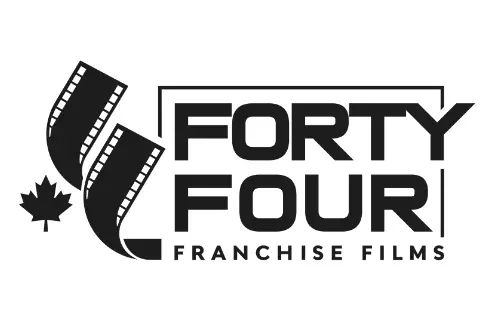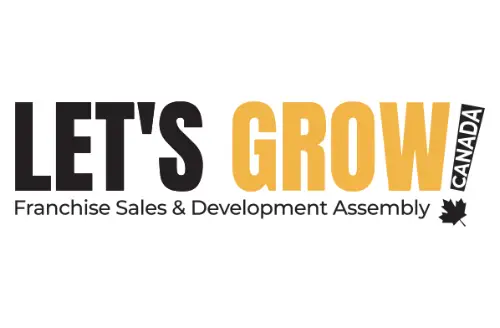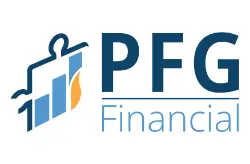In fact, the most successful franchisees generally have one thing in common: they continuously invest in their own development. From the outset, it’s critical that new franchise owners focus on building the skills that help them navigate the realities of business ownership – beyond just following the system.
Whether you’re exploring franchise opportunities in food service, home services, education, or fitness, the following three skills are essential. At ‘The Bridge’ a professional development programme for franchise support teams these skills, along with much more, are taught as pillars of long-term franchisee success.
Problem solving & strategic thinking
While franchising brings many built-in systems, it doesn’t eliminate the need for quick thinking and problem solving. From staffing issues to shifting consumer demands, challenges will arise – and how a franchisee responds can make or break their success.
Strategic thinking gives you the ability to assess situations, anticipate outcomes, and choose the right course of action. It’s the difference between reacting and responding with intent. In the Canadian business landscape, which varies widely by province, demographic, and local economy, strategic adaptability is key.
The World Economic Forum continues to rank critical thinking and problem solving among the most in-demand business skills worldwide. Franchisees who can adapt head office systems to their local market conditions – without losing brand alignment – are a huge asset to their networks.
Franchisors can encourage this by providing real-life case studies, peer learning opportunities, and mentorship structures that encourage independent decision-making within brand standards.
Financial literacy & business acumen
Sound financial literacy is a must-have for any entrepreneur. For franchisees, it’s about more than bookkeeping. It means understanding how money moves through your business – how to interpret income statements, control expenses, and manage cash flow effectively.
According to a survey by Intuit Canada, nearly half of small business owners don’t feel confident in their financial knowledge. That’s a concern in any setting, but particularly in franchising, where margins, royalties, and break-even points need to be clearly understood. And so its vitally important that franchise support teams are fully versed in financial literacy too.
Business acumen, your broader understanding of how your business competes in the market, is equally crucial. It includes customer insights, marketing effectiveness, and operational efficiency. Franchisors who invest in building these skills equip their franchisees to make informed decisions and drive performance in their territories.
Strong onboarding and support programmes, ensure franchisees are trained not just in systems—but in how to think like a business owner.
Effective goal setting
Franchisees often start strong can but lose momentum when there’s no clear direction. That’s why effective goal setting is such a vital early skill.
Setting specific or OKRs (Objectives & Key Results) creates clarity and focus. It also improves accountability and makes performance visible, not just to the franchisee, but to the franchisor and their support team. Studies show that businesses with clear goals are significantly more likely to grow and reach their targets than those without.
Franchisors should work collaboratively with new owners to set appropriate revenue targets, growth plans, and service benchmarks. These become the foundation for ongoing coaching conversations and business reviews.
Ensuring support teams are skilled in teaching franchisees how to goal-set using tools like SMART goal frameworks and performance dashboards is key. This helps franchisees develop a mindset of continuous improvement, which leads to greater satisfaction and long-term success.
A final reflection
If you’re considering buying a franchise, it’s worth looking beyond the brand and asking: How will I grow as an entrepreneur?
Franchising may reduce the risks associated with starting a business from scratch, but it still requires strong personal development. Financial confidence, strategic thinking, and goal-oriented leadership are the traits that define high-performing franchisees.
Franchisors that prioritise these competencies—through structured development aren’t just building businesses. They’re building business leaders.
And for new franchisees, that’s the difference between owning a job and building a legacy.


























